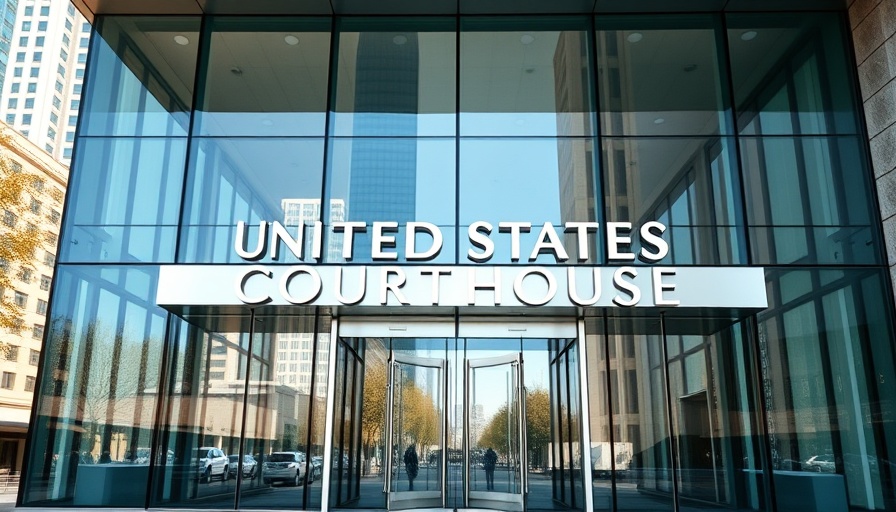
Uber and Regulatory Accountability: A Troubling Decision
In a significant ruling, the California Public Utilities Commission (CPUC) has found Uber guilty of submitting false information regarding its luxury ride service, Uber Black, essentially undermining consumer trust and regulatory processes. This decision, which comes alongside a surprisingly light penalty of $50,000, raises serious questions about Uber's operational practices and the efficacy of regulatory oversight in ensuring the safety and quality of ride-sharing services.
False Promises and Substandard Services
Uber promised its users a premium experience with Uber Black, which is marketed as a luxury ride service featuring high-rated drivers and top-tier vehicles. However, investigations revealed that numerous complaints about substandard rides were tied to Uber’s lax screening process of the limousine companies it subcontracted. The CPUC discovered that Uber had accepted falsified documents from its subcontractors, including incorrect license details, which could have been easily verified through public records, leading to the unfortunate conclusion that Uber lacked due diligence in their operational practices.
The Implications for Consumers
The implications of this ruling stretch beyond Uber's corporate accountability; they touch the lives of regular consumers who expect safe and reliable services when they purchase Uber Black rides. With a promise of luxury, many riders pay a premium, believing they are accessing a superior level of service. The revelations regarding substandard practices compel riders to reconsider their choices and demand higher standards from service providers, thereby fostering a healthier competitive environment.
Comparison with Industry Standards
In other industries, regulatory violations can lead to serious consequences, including hefty fines and operational revocations. For example, in sectors like aviation or public transportation, companies face strict scrutiny over compliance and service standards, with significant penalties for breaches. The disparity in enforcement actions against ride-share giants, particularly in comparison to traditional transportation services, highlights a worrying trend where regulatory leniency could compromise public safety and trust.
Looking Ahead: Necessary Changes in Ride Sharing
The ruling might push Uber towards searching for more accountable practices. As they strive to regain consumer trust, improvements in their vetting processes are paramount. Moreover, better communication and cooperation with the CPUC might aid in establishing more stringent requirements for subcontracted companies to ensure they meet basic regulatory standards. This situation might also serve as a wake-up call for other ride-sharing companies within the industry, reinforcing the need for vigilance and integrity.
Public Safety Concerns: A Broader Perspective
This case illustrates a broader issue of public safety in the ride-sharing industry. As the market continues to expand, consumers must remain vigilant, advocating for transparency and accountability from services they use. Businesses should feel the pressure to maintain high standards and provide a level of service that matches their marketing claims. Consumer advocacy groups will likely intensify efforts to ensure that regulatory bodies enact and enforce measures that protect riders from potential exploitation.
Conclusion: Taking Action for Consumer Rights
Ultimately, this ruling serves as an important reminder of the ongoing dialogue around consumer rights and corporate accountability, particularly in sectors heavily reliant on consumer trust. As a consumer, it is vital to remain informed about the safety and quality of services being provided. Organizations advocating for consumer rights, alongside widespread public engagement, are crucial in pushing for change, ensuring that ride-sharing services operate fairly and uphold the standards they promise.
 Add Row
Add Row  Add
Add 




 Add Row
Add Row  Add
Add 

Write A Comment